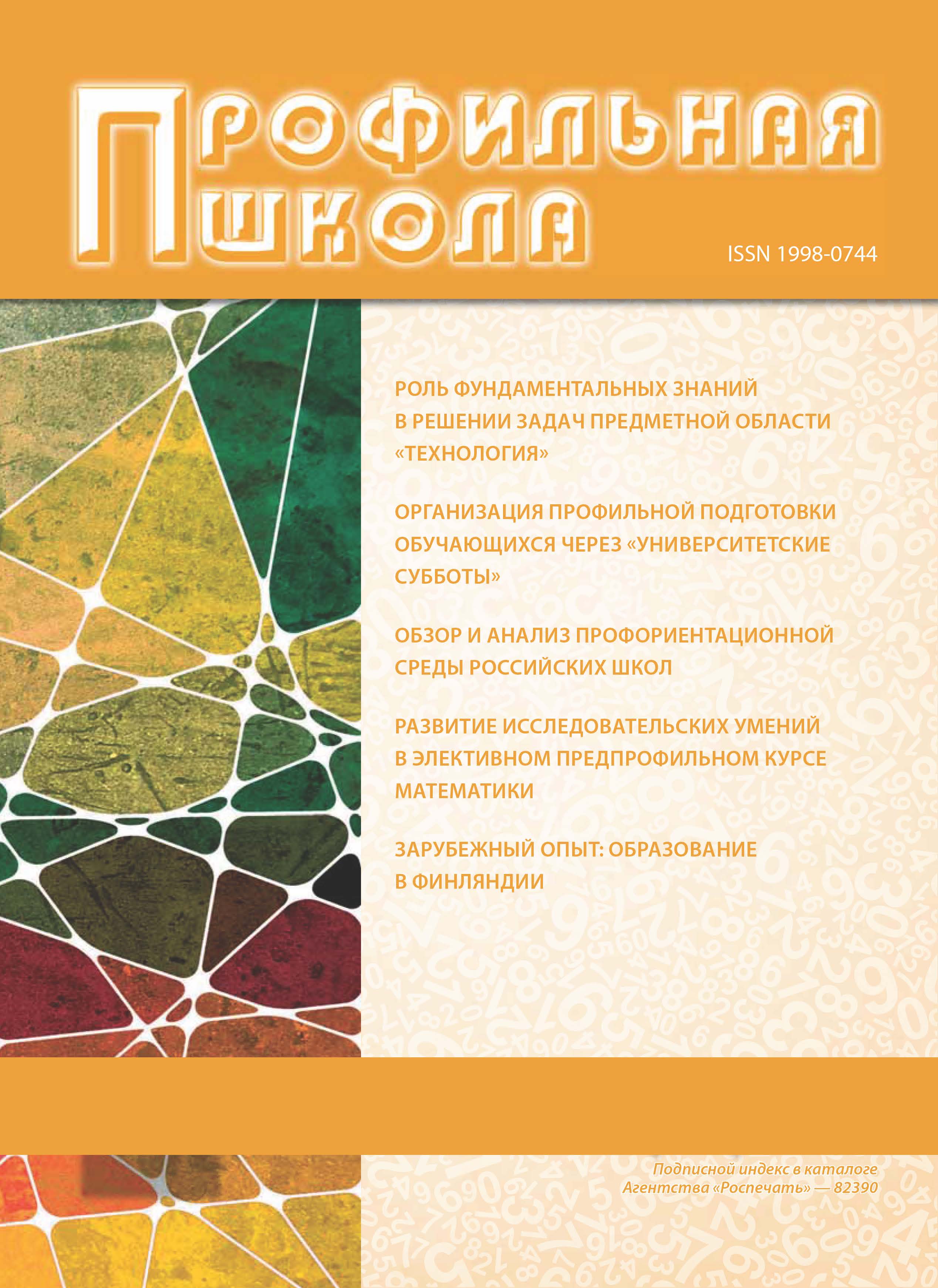Russian Federation
In the article, the authors present a new direction of health-saving education in Russia-ecological races. This direction has not received the status of a sporting event, but is defined by the organizers as a social event with a certain idea of international partnership in the format of plotting. The historical perspective of Plogging allows us to compare the ideological system of cleanliness of the territory in settlements during the USSR period. The authors identify the levels of Plogging in Sweden, taking into account the territorial development in Russia and its features. Plogging is trying to develop as a volunteer movement in the cities of Moscow and St. Petersburg with the organization of the route through social networks. For the first time, children's plogging was organized in the quest format, in a playful way that promotes motivation of ecological culture and ergonomic living environment on the territory of residence. Ecological races should be aimed at promoting a healthy lifestyle, nature conservation and the formation of ergonomics.
ecological races, ergonomic biomechanics, biomechanics of movements, ergonomic environment, plogging
1. Abalakov A.D., Pankeeva N.S. Etnoekologicheskiy turizm v Baykal'skom regione [Ethno-ecological tourism in the Baikal region]. Izvestiya Irkutskogo gosudarstvennogo universiteta. Seriya: Nauki o Zemle [News of the Irkutsk State University. Series: Earth Sciences]. 2011, V. 4, I. 2, pp. 3-16.
2. Gimadeeva K.P., Semilet T.A. Sotsial'nye internet-proekty v mediaprostranstve grazhdanskoy zhurnalistiki [Social Internet projects in the media space of civil journalism]. Media issledovaniya [Media Research]. 2015, I. 2, pp. 138-147.
3. Zagladina Kh.T., Arsen'eva T.N. Ekologicheskoe obrazovanie shkol'nikov v kontekste razvitiya kul'tury dobrovol'chestva v Rossii [Ecological education of schoolchildren in the context of the development of a culture of volunteering in Russia]. Vospitanie shkol'nikov [Education of schoolchildren]. 2019, I. 4, pp. 66-74. EDN: https://elibrary.ru/ZVHBKC
4. Zdorov'esberegayushchee obrazovanie: sovremennye faktory razviti [Health-saving education: modern development factors]. Samara, 2016. EDN: https://elibrary.ru/VXHRGZ
5. Lavrov I.A., Ogudin S.A. Analiz vidov turizma vo Vladimirskoy oblasti [Analysis of types of tourism in the Vladimir region]. Vestnik Natsional'noy akademii turizma [Bulletin of the National Academy of Tourism]. 2021, I. 2 (58), pp. 64-67. DOI: https://doi.org/10.51677/2073-0624_2021_58_2_18; EDN: https://elibrary.ru/COVDVA
6. Lagutin Yu.V. Stsientizatsiya sotsial'nykh praktik v bol'shom gorode: vektory sotsial'nykh izmereniy [Scientization of social practices in a big city: vectors of social dimensions]. Sotsiologiya [Sociology]. 2021, I. 4, pp. 220-226.
7. Ovchinnikov Yu.D., Pikalina V.A. Ozdorovitel'nye shkoly dlya naseleniya: novyy format razvitiya [Health-improving schools for the population: a new format of development]. Biznes. Obrazovanie. Pravo [Business. Education. Right]. 2020, I. 1 (50), pp. 421-425. DOI: https://doi.org/10.25683/VOLBI.2020.50.148; EDN: https://elibrary.ru/KMOFLZ
8. Roslyakova A.Yu. Vozmozhnosti ekovolonterstva v regione [Opportunities for eco-volunteering in the region]. Ekonomicheskaya sreda [Economic environment]. 2018, I. 3 (25), pp. 95-98. EDN: https://elibrary.ru/YBQIPR
9. Sokolov A.V., Solov'eva A.V. Setevye grazhdanskie dvizheniya (na primere ekologicheskogo dvizheniya «Musora. Bol'she. Net») [Network civil movements (on the example of the ecological movement "Garbage. More. No")]. Vlast' [Power]. 2012, I. 12, pp. 040-042. EDN: https://elibrary.ru/PONXVX
10. Sokolov A.V., Verevkin A.I. Setevye grazhdanskie kampanii (na primere dvizheniya «Obshchestvo sinikh vederok») [Network civil campaigns (on the example of the movement "Society of Blue Buckets")]. Vestnik Yaroslavskogo gosudarstvennogo universiteta im. P. G. Demidova. Seriya Gumanitarnye nauki [Bulletin of the Yaroslavl State University. P. G. Demidov. Series Humanities]. 2013, I. 3 (25), pp. 45-51.
11. Frolov A.A. Mekhanizmy osushchestvleniya grazhdanskoy aktivnosti [Mechanisms for the implementation of civic engagement]. Vlast' [Power]. 2014, I. 10, pp. 61-65. EDN: https://elibrary.ru/SXSWRL






